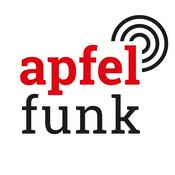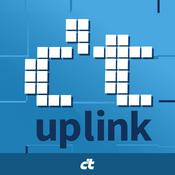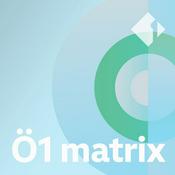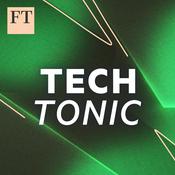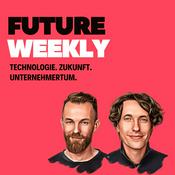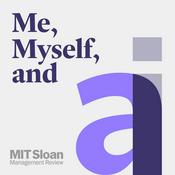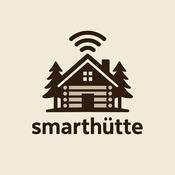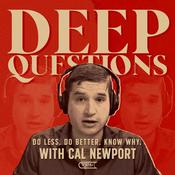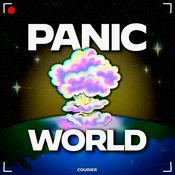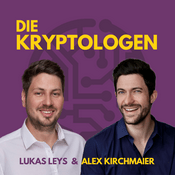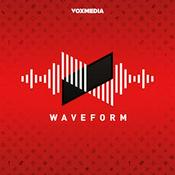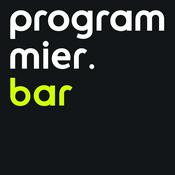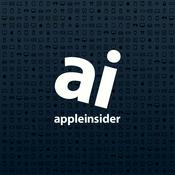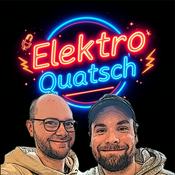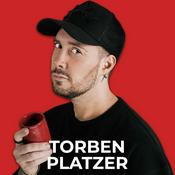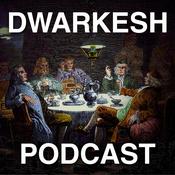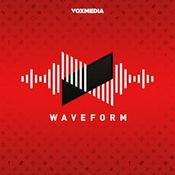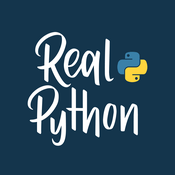68 Episoden
What Did the Space Architect Behind ICON's 3D-Printed Homes Discover While Designing for Mars
16.1.2026 | 29 Min.In this episode of Buildings 2.0, host Jose Cruz speaks with Melodie Yashar, a space architect and founder of AENARA, about her journey from traditional architecture to pioneering work in space architecture and 3D printing. They discuss the challenges and innovations in housing design, the impact of robotics and AI on construction, and the future of architecture in space. Melody shares insights on the importance of resource management in design, the regulatory hurdles facing 3D printing in construction, and her vision for the future of housing and space habitats.
Takeaways
Melodie Yashar transitioned from traditional architecture to space architecture.
She became disillusioned with the slow pace of architectural coordination.
Designing for space requires mindfulness of resource constraints.
3D printing offers unique opportunities for customized housing solutions.
Regulatory hurdles are significant for 3D printed construction.
Success in housing involves lowering costs and increasing quality.
AI can enhance design and construction processes.
Education in space architecture is still evolving.
Advocating for new tools and processes is crucial in architecture.
Following one's passion is essential for a fulfilling career.- In this episode, Robert Yuen, CEO and co-founder of Monograph, discusses the vision behind Monograph as an operating system for architecture. He delves into the challenges of building software for the architecture industry, particularly the cold start problem and the importance of time tracking for efficiency. Robert emphasizes the need for a shift in invoicing practices from billable hours to value-based billing, and shares insights for new founders in the AEC space. He also explores the impact of AI on architectural workflows and the future capabilities of Monograph.
Takeaways
Monograph aims to be the operating system for architecture.
Time tracking is essential for architects to measure efficiency.
The cold start problem requires building initial capabilities carefully.
Invoicing should be based on value, not just hours worked.
Small firms make up 95% of the architecture industry.
AI is integrated into many features of Monograph.
Behavioral change in invoicing practices is a significant challenge.
Selling to AEC firms requires understanding their procurement dynamics.
The future of Monograph includes expanding capabilities beyond time tracking.
The journey to a fully integrated operating system for architecture will take time. - In this episode, Jose Cruz speaks with Jordan Rogove and Wayne Norbeck about their innovative approach to disaster housing through modular construction. They discuss the challenges of scaling affordable housing, the regulatory hurdles they face, and the importance of design in creating dignified living spaces. The conversation also highlights their recent project in Hawaii, where they successfully delivered homes in response to the devastating wildfires. The episode concludes with insights on the future of modular housing and the need for streamlined processes in disaster response.
Takeaways
The stigma around modular housing needs to be addressed.
Design can significantly impact the quality of affordable housing.
Regulatory challenges are a major barrier to scaling modular housing.
Advocacy for changes in building codes is essential for progress.
Natural light and thoughtful design enhance living conditions.
The recent project in Hawaii showcased the potential of modular housing.
Streamlining disaster response can save time and resources.
Innovative financing options are crucial for affordable housing.
Collaboration with various partners is key to successful projects.
The future of housing requires a shift in how we approach construction. - In this episode, Jose Cruz interviews Michael Ermann, an architecture professor and founder of Amber Book, discussing his journey in architecture, the importance of visual learning, the evolution of teaching methods, and the role of AI in education. They explore sustainability in architecture, the impact of materials, and the challenges of existing buildings, emphasizing the need for innovative solutions to address climate change and improve building efficiency.
Takeaways
Everyone is a visual learner, not just architects.
The in-person teaching model remains essential despite online advancements.
AI has become a valuable tool in education and learning.
Sustainability in architecture requires a focus on materials and energy efficiency.
Architects should not shy away from pushing back against engineers.
The overhead plane in architecture is crucial for design quality.
Current architectural trends often overlook the importance of building systems.
The future of teaching will involve more technology and online resources.
Existing buildings present significant challenges for sustainability efforts.
Big ideas and innovative thinking are necessary to address climate change. - In this episode, Matt Wash, CEO of BimBeats, shares his extensive experience in the architecture and engineering industry, discussing the evolution of BIM, the importance of data, and the challenges of interoperability. He highlights the impact of BimBeats on model health and efficiency, the transition from traditional roles to data-driven approaches, and the future of BIM in the age of AI. Matt emphasizes the need for value-based pricing and the importance of standardization in improving operational efficiency.
Takeaways
Matt's journey began with a passion for building and design.
The inefficiency in traditional engineering roles led to a desire for change.
Data is crucial for improving project outcomes and efficiency.
BimBeats quantifies model health and operational efficiency.
The architecture industry is transitioning towards data-driven decision making.
AI is set to revolutionize the design and construction process.
Value-based pricing is essential for modern business models.
Standardization can significantly improve project delivery times.
Understanding the digital footprint of a business is key to efficiency.
Future professionals should focus on developing complementary digital skills.
Weitere Technologie Podcasts
Trending Technologie Podcasts
Über Buildings 2.0
Buildings 2.0 dives deep into the technology, trends and talent reshaping the structures where we live and work. Hosted by Jose Cruz Jr, this podcast brings you interviews with the industry’s brightest minds, from visionary architects and property owners to chief innovation officers. Brought to you by Integrated-Projects.com.
Podcast-WebsiteHöre Buildings 2.0, Ö1 Digital.Leben und viele andere Podcasts aus aller Welt mit der radio.at-App

Hol dir die kostenlose radio.at App
- Sender und Podcasts favorisieren
- Streamen via Wifi oder Bluetooth
- Unterstützt Carplay & Android Auto
- viele weitere App Funktionen
Hol dir die kostenlose radio.at App
- Sender und Podcasts favorisieren
- Streamen via Wifi oder Bluetooth
- Unterstützt Carplay & Android Auto
- viele weitere App Funktionen


Buildings 2.0
Code scannen,
App laden,
loshören.
App laden,
loshören.


